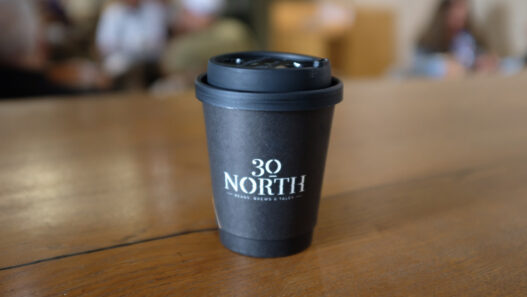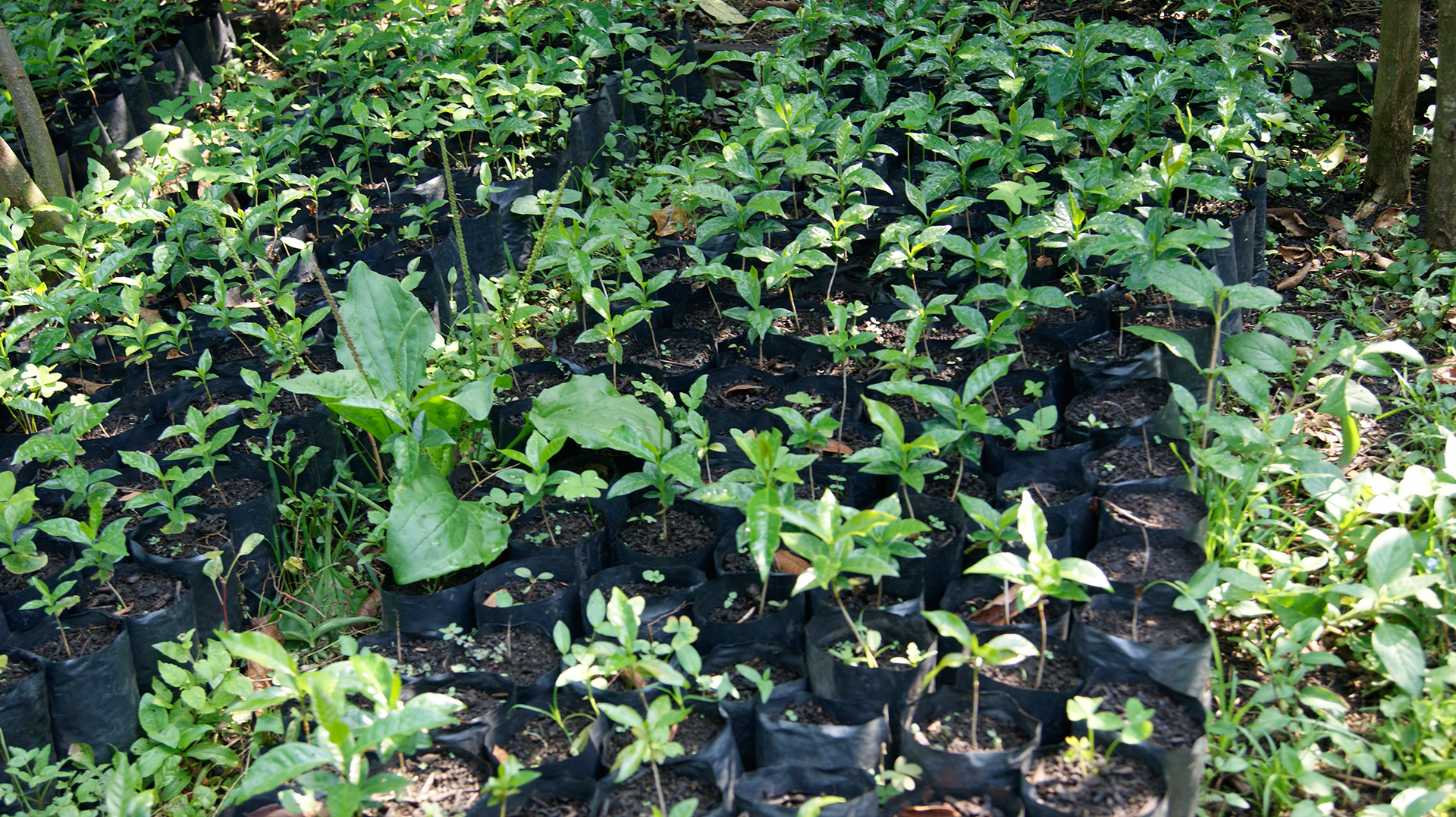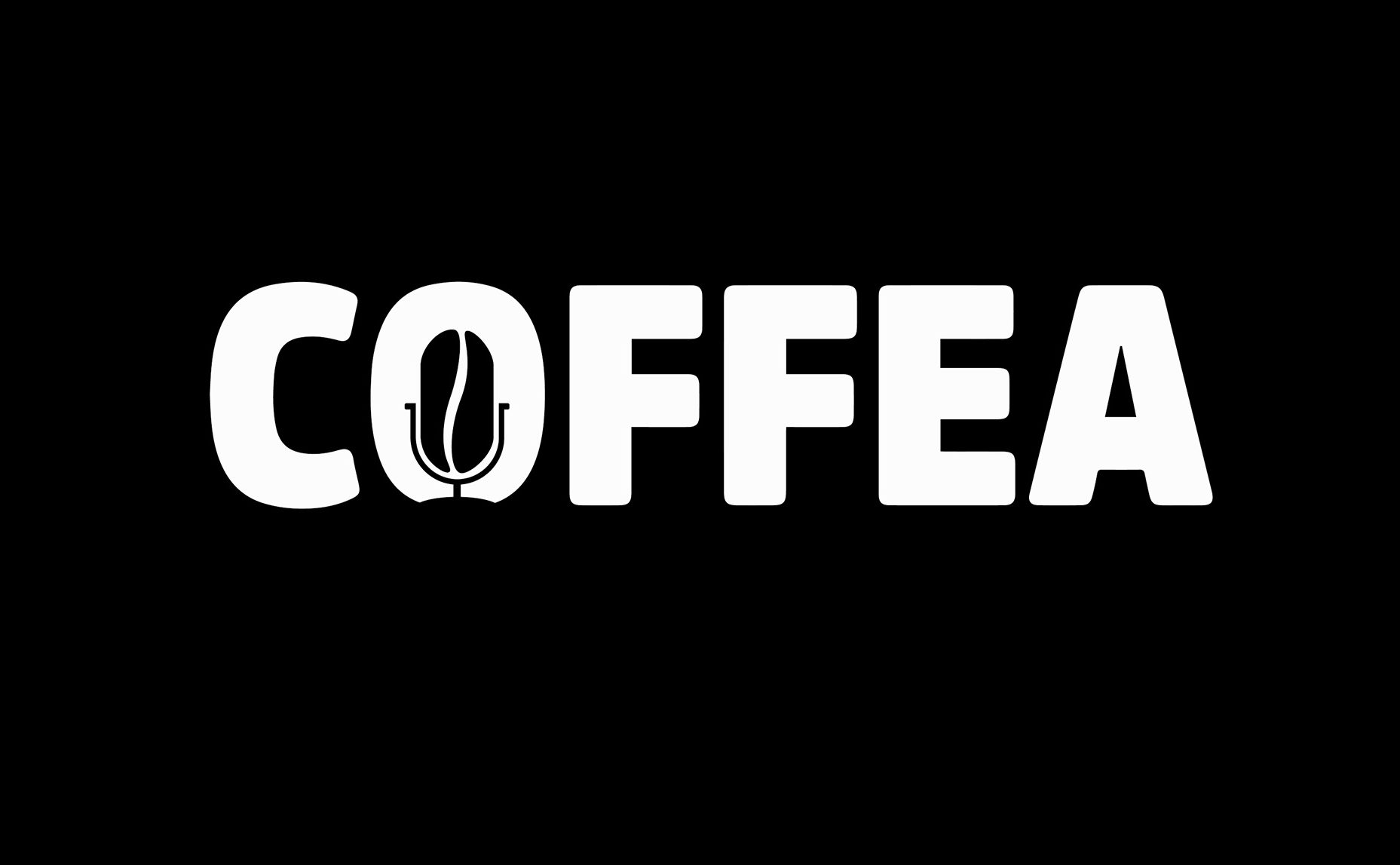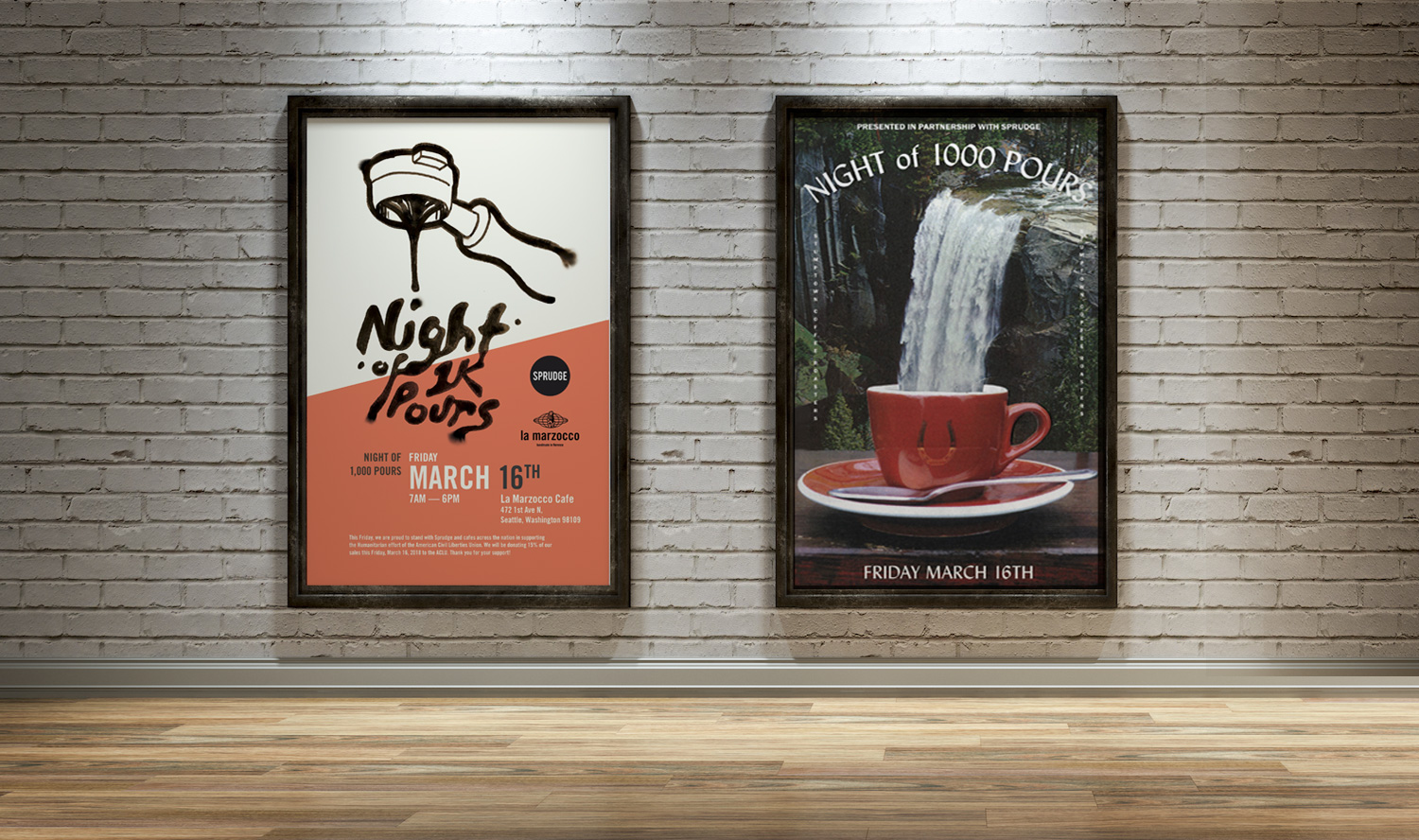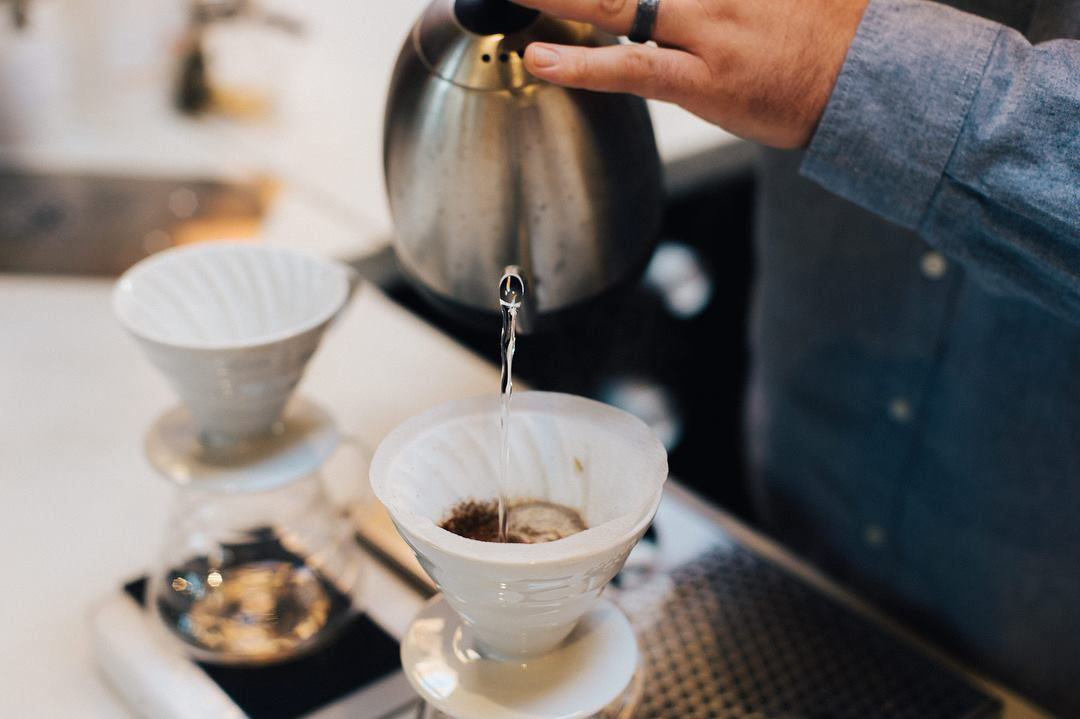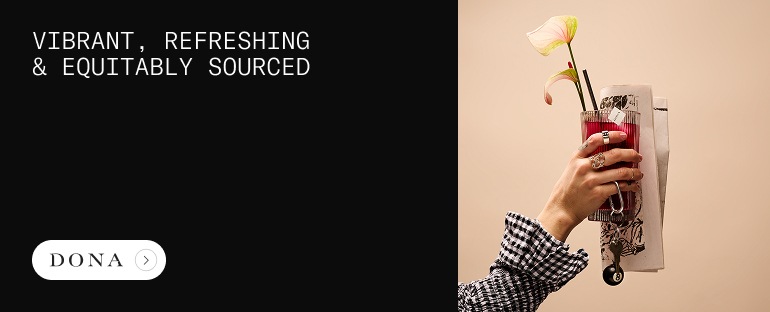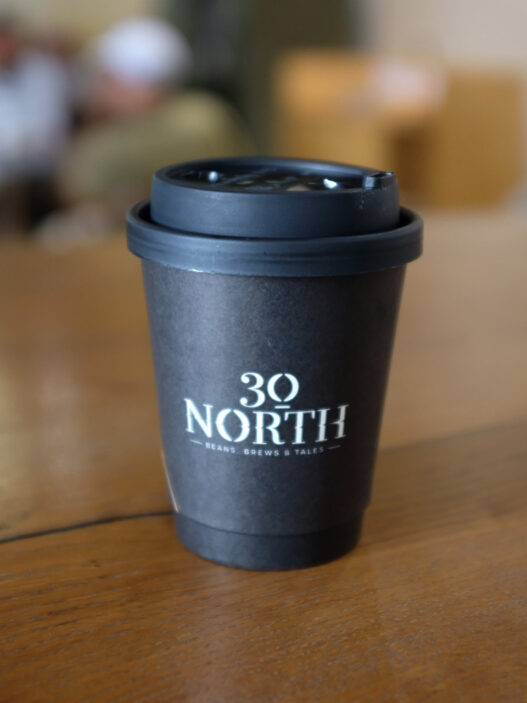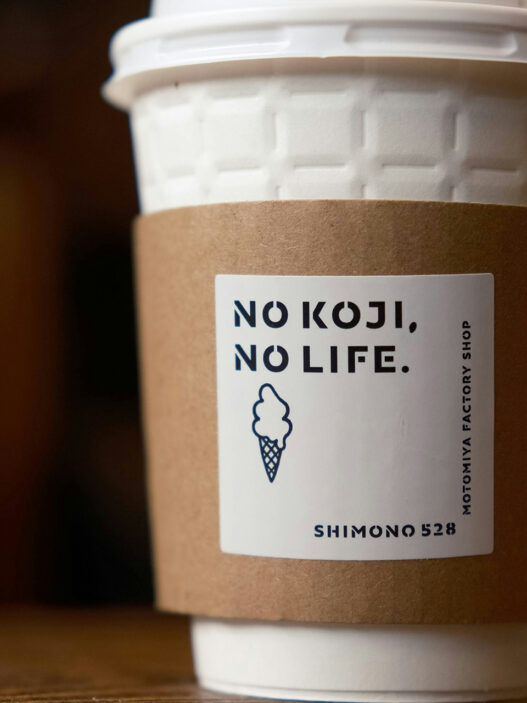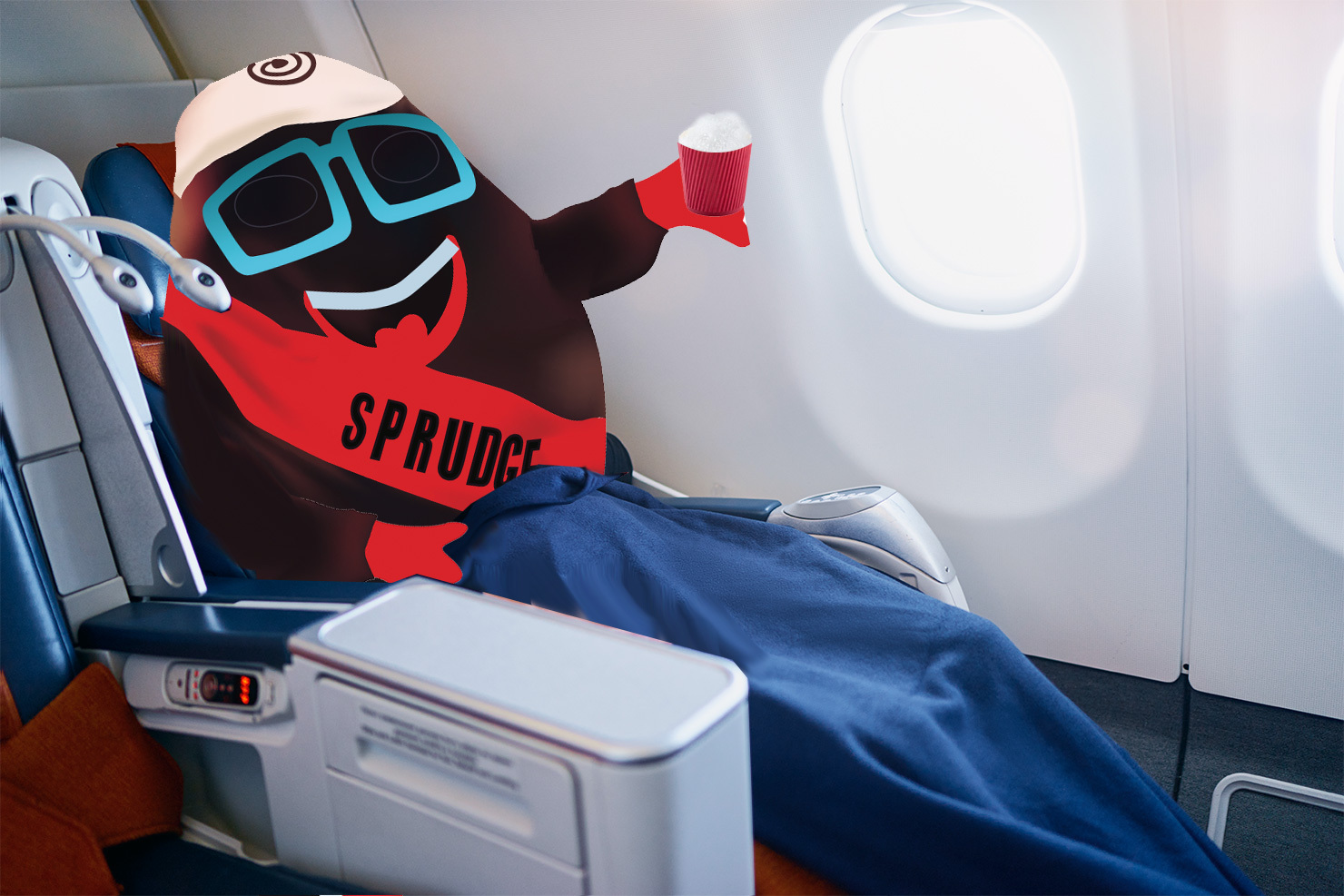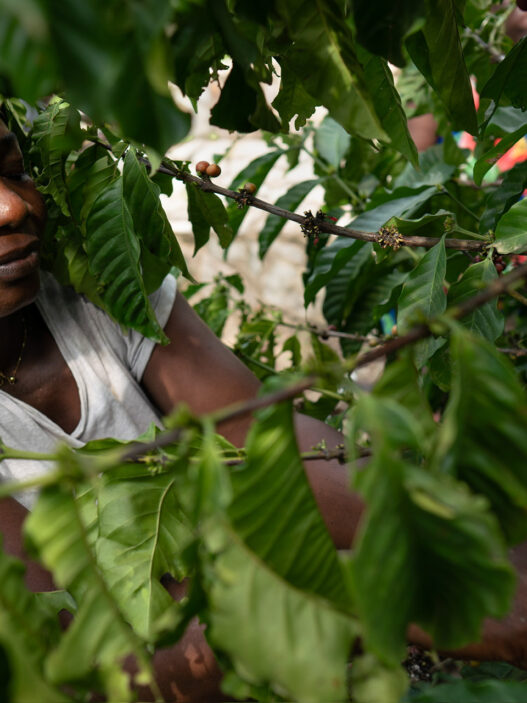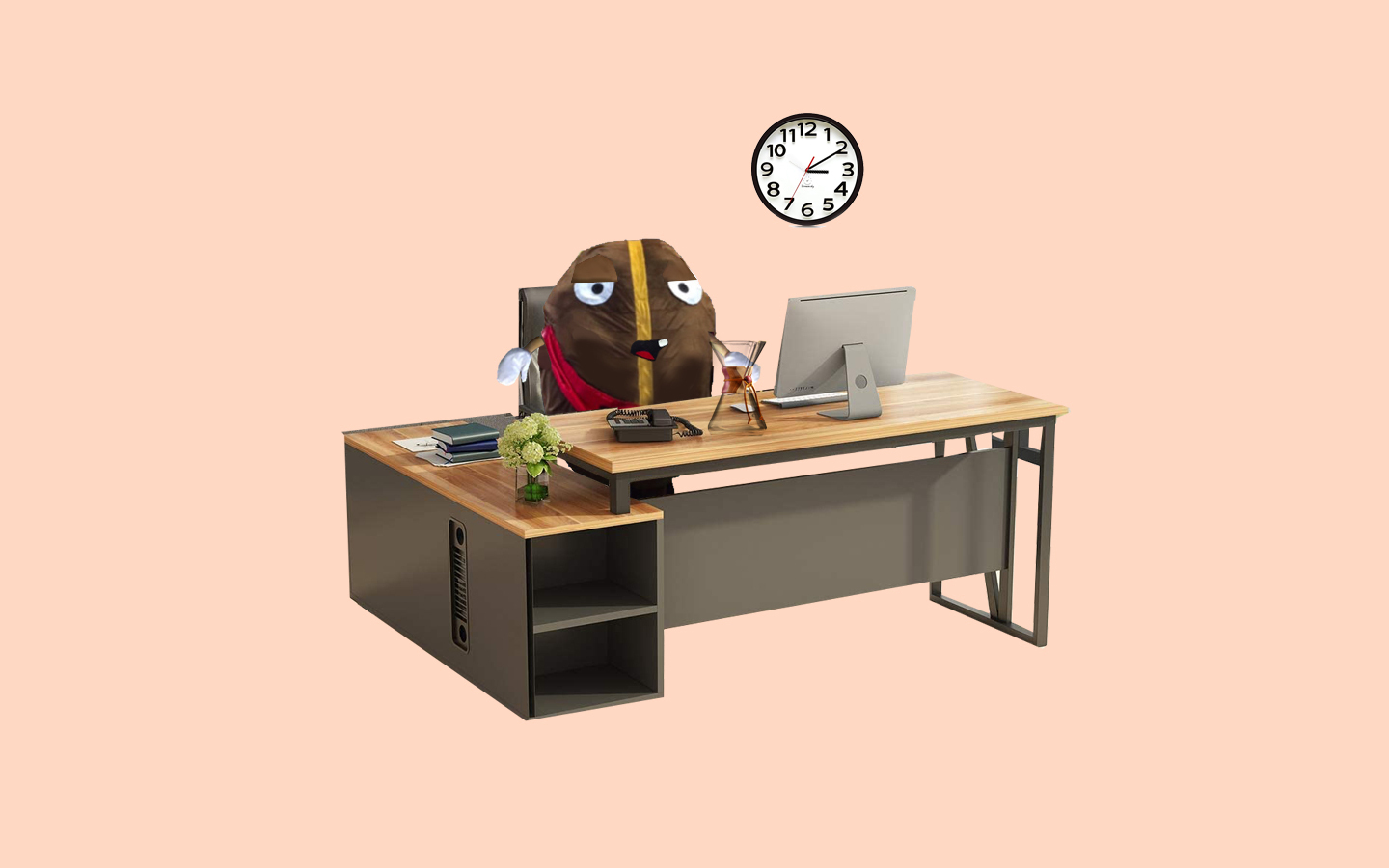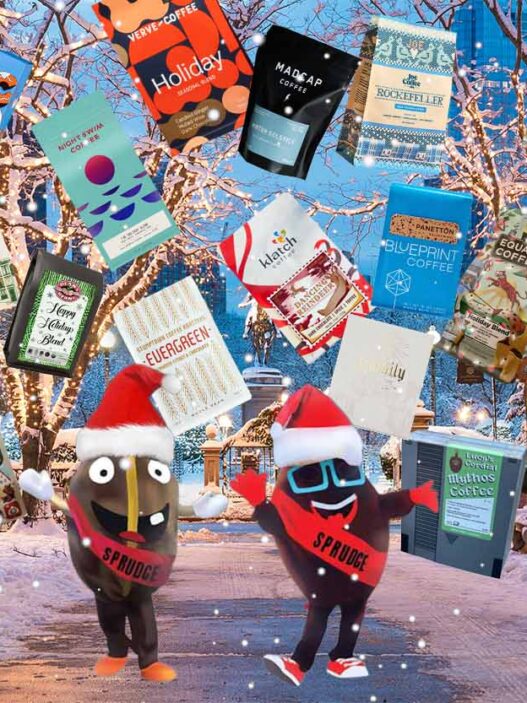
Kelly Stein, a Brazilian coffee-focused journalist, launched the country’s first coffee-focused podcast last July. There is much to celebrate, including the fact that many of the episodes are in English, so foreigners can also follow the discussions happening in the world’s largest producing country. One of the main goals of COFFEA, according to Stein, is to help lessen the prejudice and stereotyping that Brazilian coffees tend to face (being such a large producer, the country produces both extremely good—and bad—beans). In its short lifetime, COFFEA won third place in the National Brazilian Coffee Journalism contest, a testament to Stein’s commitment to delivering relevant coffee content in a very accessible way.

Mindful of our country’s educational and social conditions, Stein explains why she decided to go with audio journalism: “Close to 12 million Brazilians are illiterate in Brazil, not to mention the functionally illiterate people. My mission is to make information more accessible in a way that can transform coffee people’s lives. My life was transformed through education and access to information. Now is [the] time to give back to others.”
It makes perfect sense: although things are changing in the last decades, most people who work on coffee farms struggle with education. Many coffee pickers still “sign” their farm payment receipts with a thumbprint, as Stein reminds us. Once they have access to the internet—which nowadays is much easier with some affordable cell phone data packages—the COFFEA portal will be a quick source of coffee data and information for them.
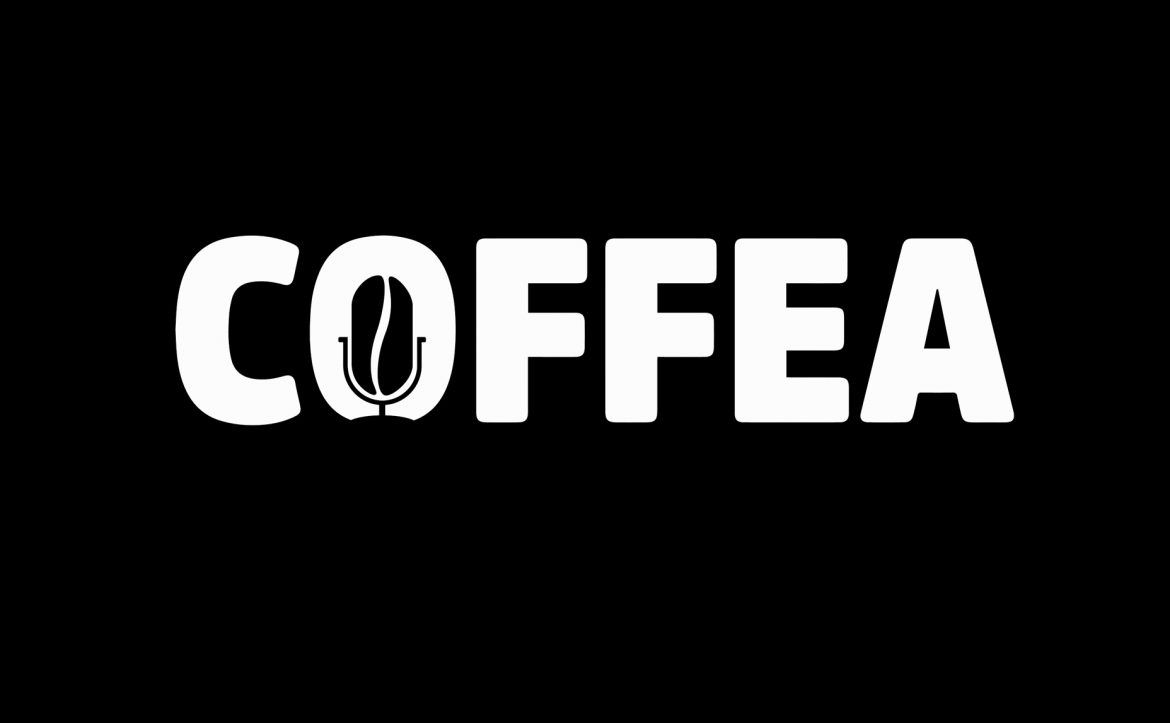
In one particularly interesting episode (this one in Portuguese), Stein interviews Aldir Teixeira, a renowned agronomist who worked at the Coffee Classification and Tasting Section of the São Paulo State Department of Agriculture in the 1960s, and also at the extinct Brazilian Coffee Institute (IBC, in Portuguese). Teixeira says that coffee when it was first planted here, was done so in an extractive way—the soils were extremely rich and the climatic conditions were very favorable to the crop. There was no production control whatsoever—so soon Brazil produced a lot of coffee and there were not enough people in the world to drink it. IBC would come and remove the surplus from the market by buying it from coffee farmers and stocking it at government-owned silos. They would then sell it to national roasters for a very cheap price, less than 2% of what they had paid for. This came to a stop when the International Coffee Organization (ICO) was founded, and then world production eventually became stabilized by a quota system.
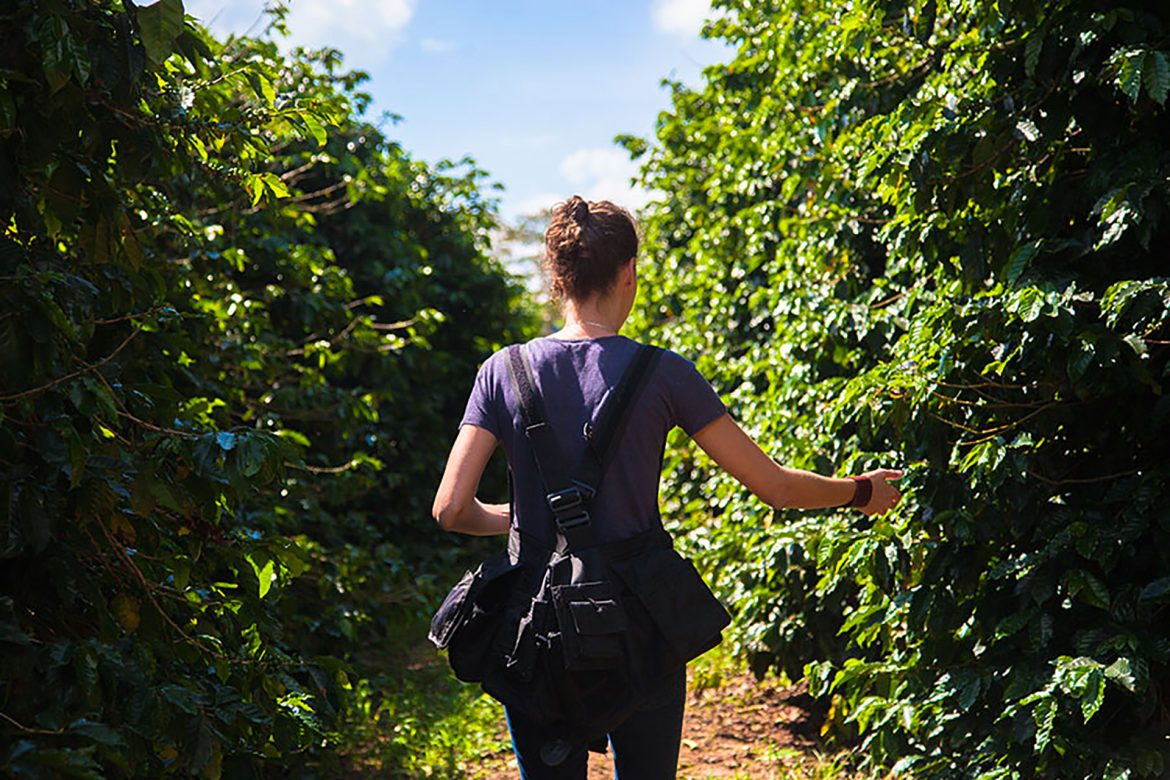
One of the finest episodes in English features Carlos Brando, an agribusiness trader and consultant. He works with Pinhalense, one of the largest coffee machine factories in the world—machinery used in the coffee farming and export businesses. Brando has a very pragmatic approach to the use of harvest machinery as opposed to manual picking: “People tend to think that God said that people have to pick only the ripe cherries. And that’s not what God said. What God said is that good coffee comes from ripe cherries. So, it may be economically better to pick a mixture of cherries—ripe, unripe, and overripe, sort them by machine and make the better coffee only with the ripe cherries—the others should go to a specific market that is not so quality sensitive.” Since in our country it’s very rare to have a farm that produces 100% specialty coffee, it’s important to keep in mind that we have a market for each level of quality produced there and that it’s not a “crime” to produce lower quality coffee. Brando’s company is helping to spread technology solutions as a means to economic viability to other countries in South America. Brando’s commentary offers a unique industry perspective that many specialty coffee fans may have overlooked.
COFFEA can be supported via subscription packages or one-time donations. Stein also encourages Sprudge readers to send her comments, questions or suggestions for the next episode’s topics, which you can send directly to her at contato@portalcoffea.com.
Juliana Ganan is a Brazilian coffee professional and journalist. Read more Juliana Ganan on Sprudge.
Photos by Pedro Hummel.







